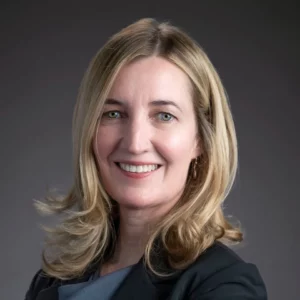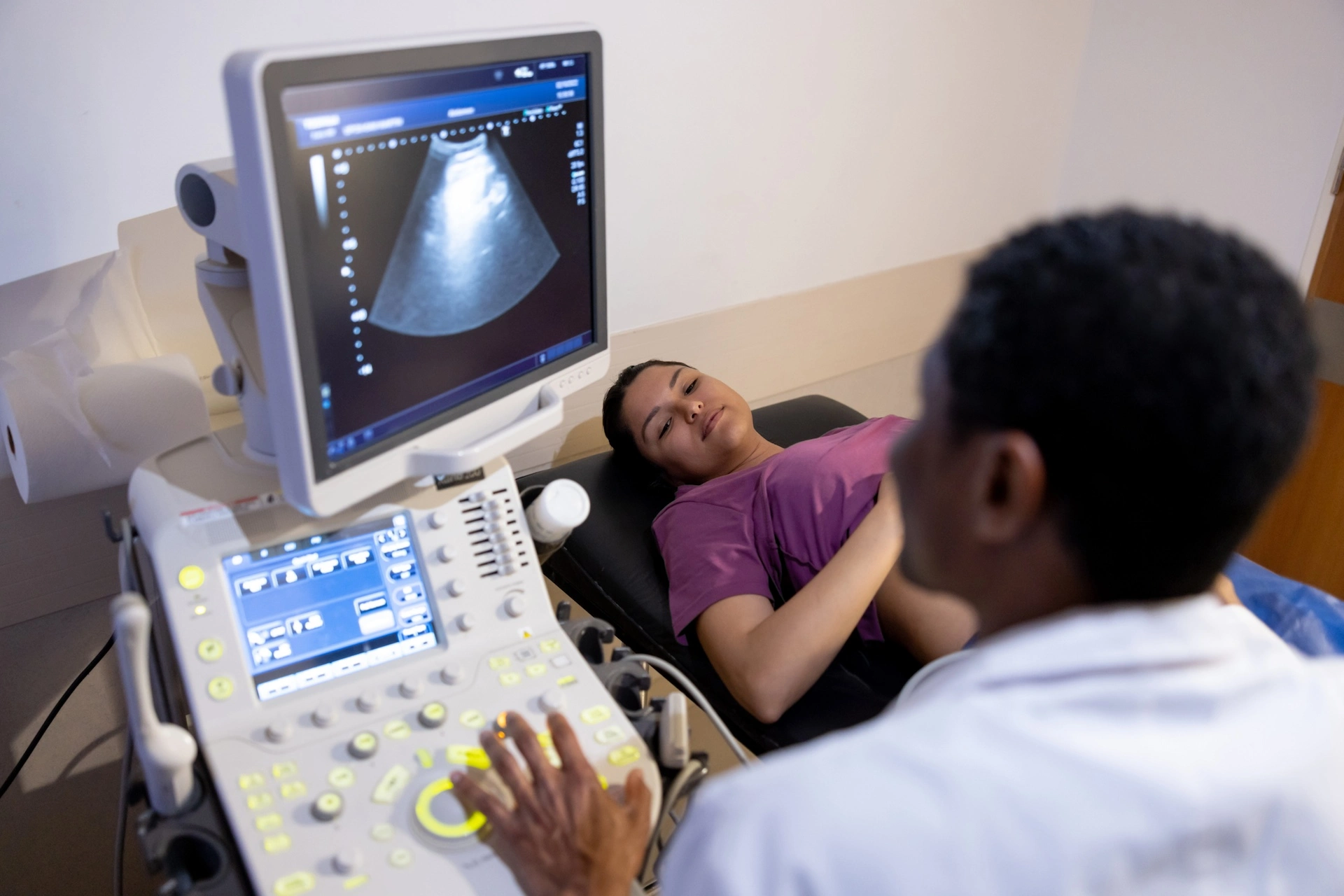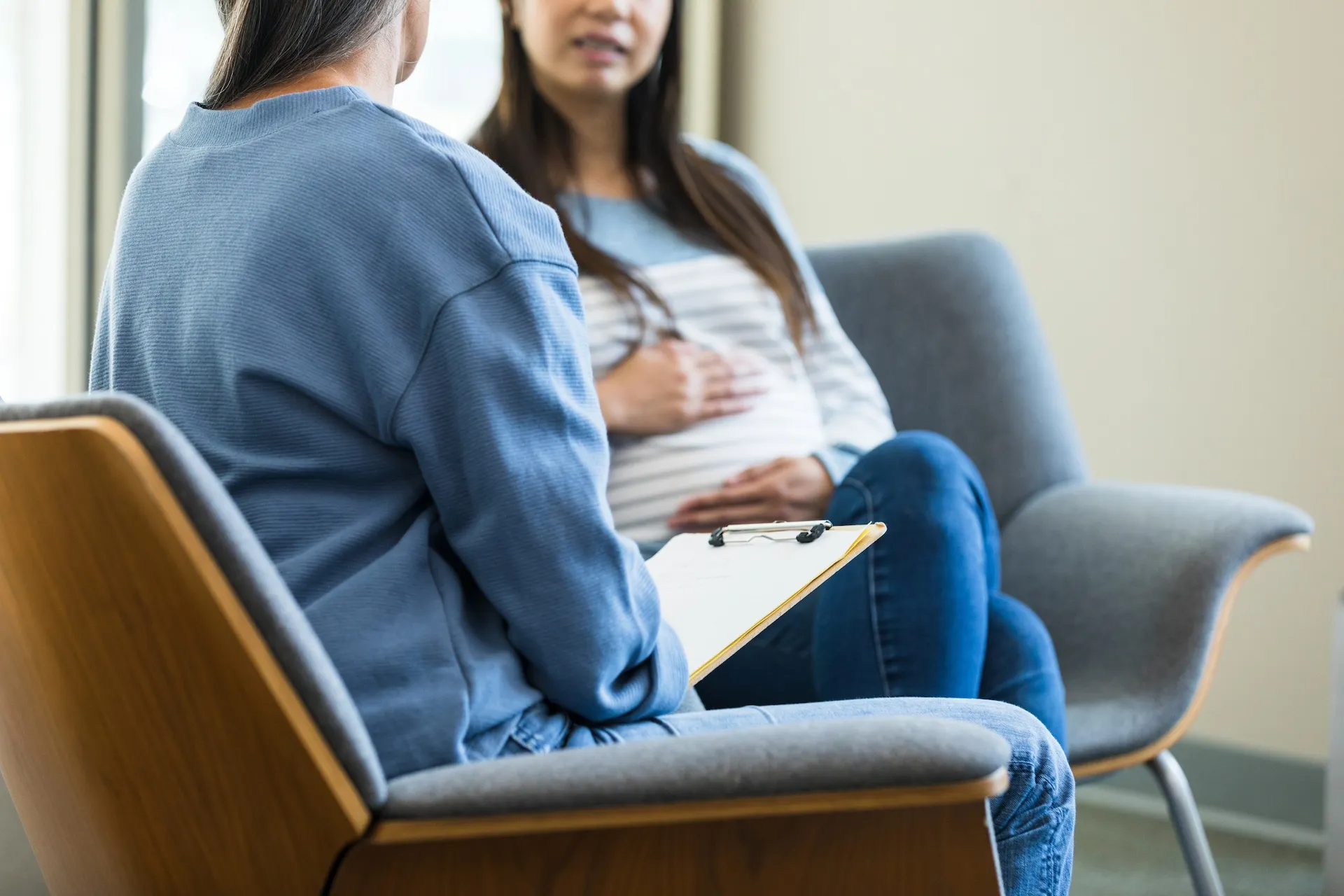Two-thirds of funding will go toward recruiting and following a new group of pregnant Northern California patients and their children
Kaiser Permanente Division of Research (DOR) investigators have received a large infusion of federal funding to support research about environmental factors that influence children’s health. The two grants include $42 million to support a new 7-year initiative that will recruit 1,800 pregnant patients, and $20 million to continue an ongoing project following 2,130 children.
The research dollars come through the Environmental influences on Child Health Outcomes (ECHO) program, a multi-site program supported by the National Institutes of Health (NIH). DOR researchers have been part of the ECHO project since 2016, when they received an initial grant of $24 million to follow a group of parent/child pairs for 7 years.

DOR Research Scientists Assiamira Ferrara, MD, PhD, and Lisa Croen, PhD, were the principal investigators for the original ECHO grant and will continue to follow the initial study group for another 7 years, in partnership with Research Scientist Monique Hedderson, PhD, who is joining the project as a principal investigator.
“ECHO has been an important part of the women’s and children’s health research we do, and we are grateful to have this continued and expanded opportunity to continue it,” said Ferrara. “In this new funding cycle we will investigate positive environmental and lifestyle factors during childhood that may mitigate the risk for obesity and impaired neurodevelopment.”
The significant funding for Kaiser Permanente’s researchers will help answer important questions, said Kari Carlson, MD, associate executive director at The Permanente Medical Group. “The findings from this study are sure to have important public health implications as ECHO addresses critical gaps in our knowledge about the long-term effects of environmental exposures during early life,” Carlson said. “I am excited to see this expansion of our role in a nationwide study of unparalleled size and diversity in the field of children’s health research.”
New funding supports new aims
The new $42 million, 7-year grant will allow recruitment of a diverse group of about 1,800 pregnant patients who will be followed over time, as will their children. The main research focus will be on childhood obesity and neurodevelopment and associated prenatal and early life lifestyle factors. The study will also consider social factors such as economic and racial makeup of participants’ neighborhoods.

The new cohort will be overseen by Principal Investigators Hedderson, Lyndsay Avalos, PhD, MPH, and Yeyi Zhu, PhD. “It’s a really exciting opportunity to expand our work with ECHO,” said Hedderson. “The program allows us to study the effects of a wide range of environmental exposures that include chemicals but also diet, physical activity, stress, neighborhood and other psychosocial factors on children’s health.”
Additional investigators working on the new study include DOR research scientists Stacey Alexeeff, PhD, Sylvia Badon, PhD, Ben Marafino, PhD, Susanna Mitro, PhD, and Ousseny Zerbo, PhD.
A main goal for study recruitment is expanding socioeconomic, racial, and ethnic diversity of participants. Recruitment is expected to start in Oakland and Richmond in early 2024.
The ECHO project is unusual in that researchers at all the sites across the U.S. collaborate, so investigators have access to a much larger number of patients than they might otherwise have. “It is pretty unique in the scientific community,” said Zhu.
“We’re all working together to use the ECHO data to answer important questions with a common goal of enhancing the health of all children for generations to come,” Avalos said.
Current ECHO cohort extended 7 years
Today’s NIH announcement also includes $20 million to extend DOR’s current work for another 7 years. The initial 2016 grant was used to build a racially and ethnically diverse group of 2,130 children and their mothers. The researchers pulled participants from two cohorts that had already been assembled for DOR’s Pregnancy Environment and Lifestyle Study (PETALS) and the Kaiser Permanente Research Bank (KPRB) pregnancy cohort.
Participating patients may answer surveys or come to an Oakland, Santa Clara, or Sacramento Kaiser Permanente facility for health assessments, and researchers pull information about their health status from the participants’ electronic medical records.

DOR studies supported by the initial ECHO funding have explored increased screen time for children during the pandemic, potential associations between autistic traits and environmental chemicals, association between maternal depression and autistic traits, and how a healthy lifestyle can lead to lower risk of preterm birth.
“The ECHO funding and collaboration opportunity has allowed us to explore many important issues around child health, and we look forward to both widening and deepening our research agenda over the next seven years,” said Croen.
The children in the original cohort are now around age 8 to 11 years. The researchers plan to continue studying prenatal exposure to environmental chemicals and potential associations with childhood outcomes such as obesity and neurodevelopmental problems. Another focus will be effects on children of maternal factors such as diet quality, gestational diabetes, and weight gain during pregnancy.
Investigators working on the ongoing cohort include DOR research scientists Avalos, Zhu, Alexeeff, Badon, Jennifer Ames, PhD, and Luis Rodriguez, PhD, along with DOR research fellows Rana Chehab, PhD, and Alicia Peterson, PhD.
# # #
About the Kaiser Permanente Division of Research
The Kaiser Permanente Division of Research conducts, publishes and disseminates epidemiologic and health services research to improve the health and medical care of Kaiser Permanente members and society at large. It seeks to understand the determinants of illness and well-being, and to improve the quality and cost-effectiveness of health care. Currently, DOR’s 600-plus staff is working on more than 450 epidemiological and health services research projects. For more information, visit divisionofresearch.kaiserpermanente.org or follow us @KPDOR.





This Post Has 0 Comments